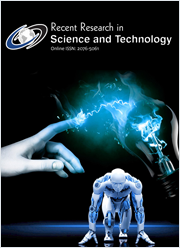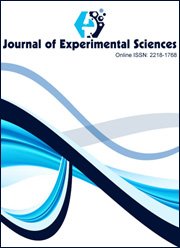Effect of aquagenic and lithogenic factors on nephro, uretro and urolithiasis
Keywords:
Renal calculi and Potable water.Abstract
Our study aims to explore different lithogenic and aquagenic factors which lead to the formation of renal calculi. To interpret this, a standard questionnaire is prepared based on the available review data which includes all the variable dietary information’s and other physiological parameters responsible for renal calculi. A study sample size of individuals (n=500) varies 19-65 years of age belongs to Delhi and NCR region. Of the 500 individuals more than 35 percent of individuals’ shows routine consumption of vegetables items includes eggplant, okra and ginger. 77 percent of the total individuals’ showed routine consumption of seasonal vegetables includes radish, carrot and spinach. 85 percent of the total shows routine uptake of whole wheat, grains, gram, black-pepper, soybean and nuts. 82 percent of the total individuals shows regular seasonal uptake of grapes while 35 percent of total shows routine uptake of strawberry and kiwi. Among beverage consumption 92 percent individuals takes tea, coffee, carbonated drink cola in routine while 46 percent takes Juice- apple, Grape, orange in routine and 75 percent takes whisky, beer, wine and other alcoholic beverages. In order to study the effect of potable water on the formation of renal calculi, water samples were collected from 20 different residential places (RPs) of Delhi- NCR and characterize for pH, calcium, magnesium and sodium.




 .
.